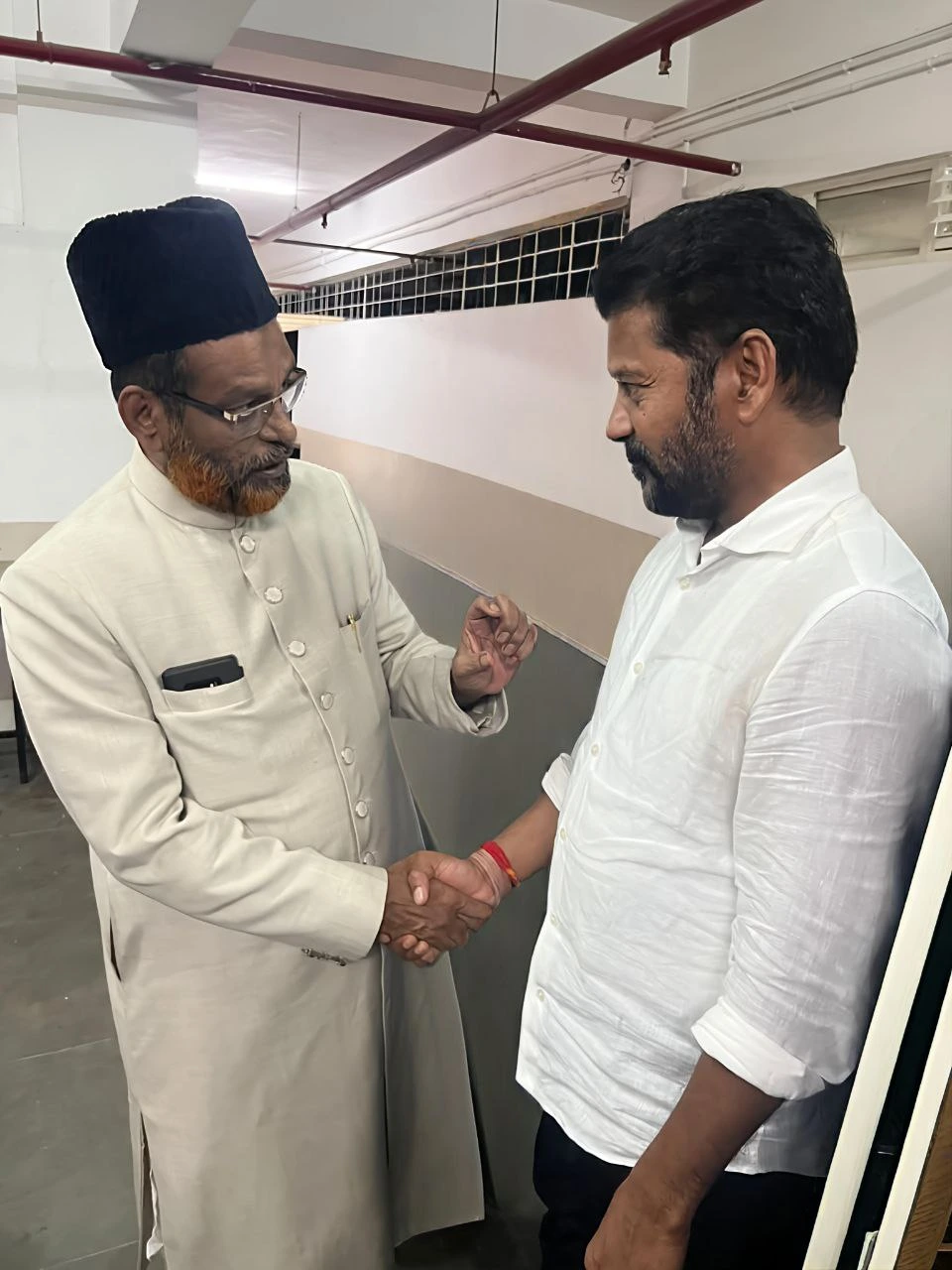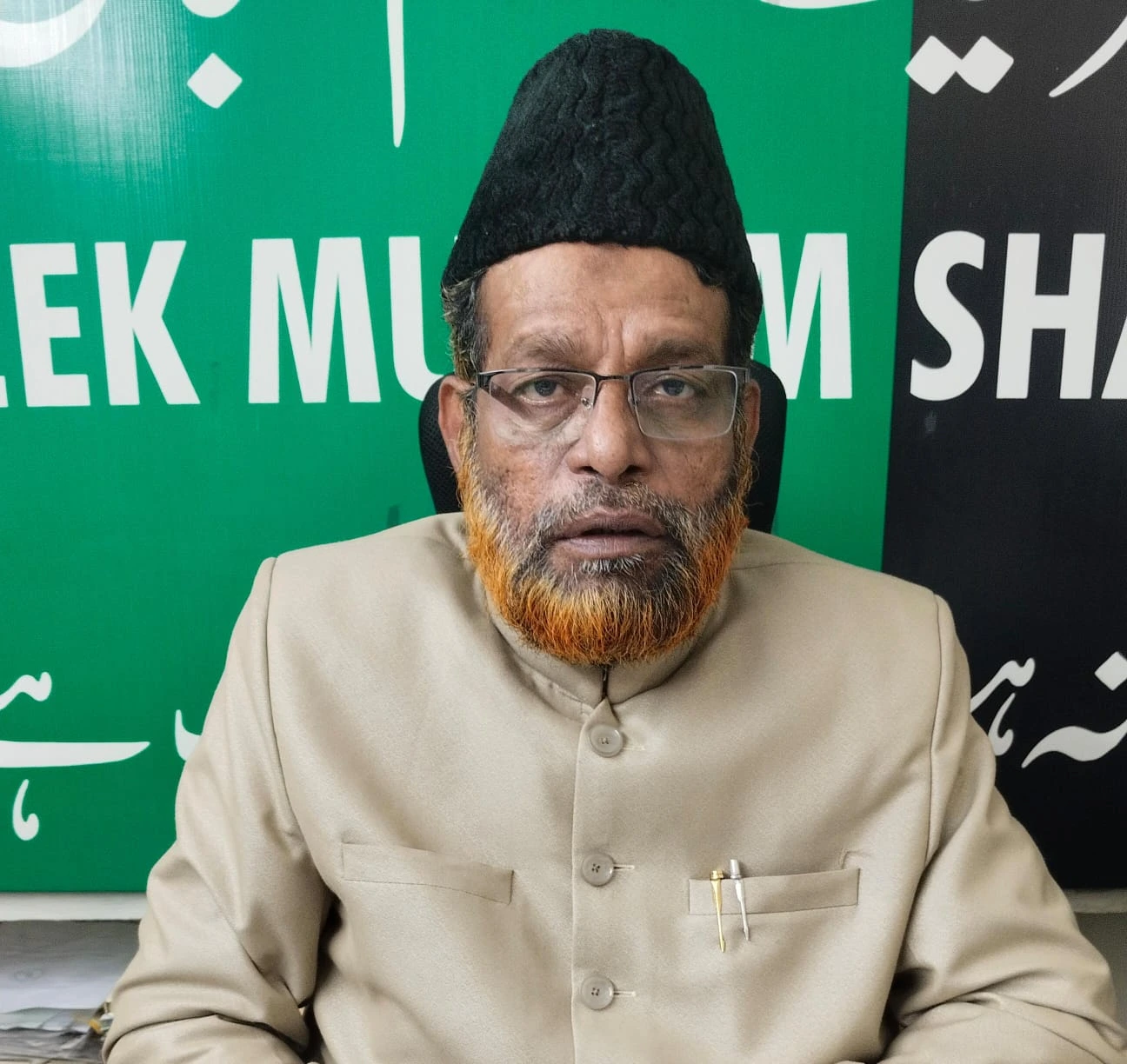
34
Years of Uplifting Communities
Empowering the Community Since 1991
Tahreek Muslim Shabban, established in 1991, is a socio-religious organization with a political sense, dedicated to the upliftment of the Muslim community in the fields of education, economic empowerment, and religious awareness. Under the leadership of Mr. Mushtaq Mallik, President of Tahreek Muslim Shabban, we focus on five key areas:
- Propagation of Islam (Tableegh Islam)
- Tawaffuz-e-Millat (Protection of Community)
- Islahe Mashara (Reform of Society)
- Ittehad e Millat (Unity among Muslims)
- Ghair Muslimo Se Rawabit (Good Relations with Other Communities)
